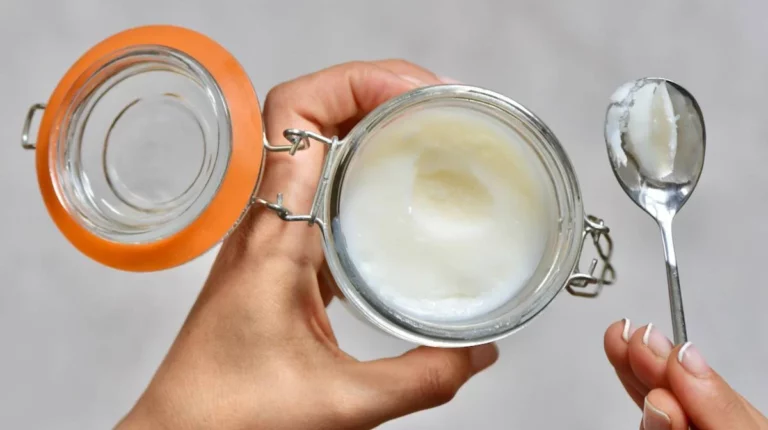Coconut oil is a versatile staple used in cooking, skincare, and haircare. While store-bought options are convenient, homemade coconut oil is fresher, purer, and free from additives. Best of all, it’s surprisingly easy to make with just one ingredient: fresh coconuts.
Here’s the simplest method to extract pure coconut oil in your own kitchen.
Why Make Coconut Oil at Home?
✔ No preservatives or chemicals – Pure, natural oil
✔ Cost-effective – Cheaper than premium organic brands
✔ Customizable – Control thickness and aroma
✔ Freshness guaranteed – No long shelf-life processing
What You’ll Need
- 2-3 mature brown coconuts (or 4-5 cups grated coconut)
- Warm water (for extraction)
- Blender or grater
- Cheesecloth or strainer
- A large bowl and jar (for storage)
(Optional: A slow cooker or saucepan for faster separation.)
Step-by-Step Process
1. Extract the Coconut Meat
- Crack open the coconuts, drain the water (save it for drinking!), and scoop out the white flesh.
- Rinse the meat to remove any shell fragments.
2. Grate or Blend the Coconut
- Traditional method: Grate the coconut finely.
- Faster method: Blend chunks with a little warm water to make a paste.
3. Make Coconut Milk
- Mix the grated coconut with 2 cups of warm (not boiling) water.
- Knead and squeeze with your hands for 5-10 minutes to extract thick, creamy milk.
- Strain through cheesecloth into a bowl.
4. Separate the Oil from the Milk
- Cold method (natural separation):
- Let the milk sit for 24 hours—the cream will rise to the top.
- Skim off the thick layer and heat it on low until the oil separates.
- Quick method (heating):
- Simmer the coconut milk on low heat, stirring occasionally.
- After 1-2 hours, the water will evaporate, leaving pure oil.
5. Filter and Store
- Strain the oil through a fine cloth to remove solids.
- Pour into a clean glass jar and store in a cool, dark place.
Tips for Best Results
Use mature coconuts – They yield more oil than young ones.
Low heat is key – High heat can degrade oil quality.
Unrefined vs. refined – Skip bleaching or deodorizing for a natural, aromatic oil.
Shelf life – Homemade coconut oil lasts 6-12 months if stored properly.
Uses for Your Homemade Coconut Oil
- Cooking – Ideal for frying, baking, or adding to smoothies.
- Skincare – A natural moisturizer for face and body.
- Haircare – Deep conditioner or frizz tamer.
- Oil pulling – Promotes oral health.
Final Thoughts
Making coconut oil at home is a rewarding process that ensures purity and freshness. While it takes some time, the result is a chemical-free, multipurpose oil that beats store-bought versions in quality.
Ready to try it? Grab some coconuts and get started!
